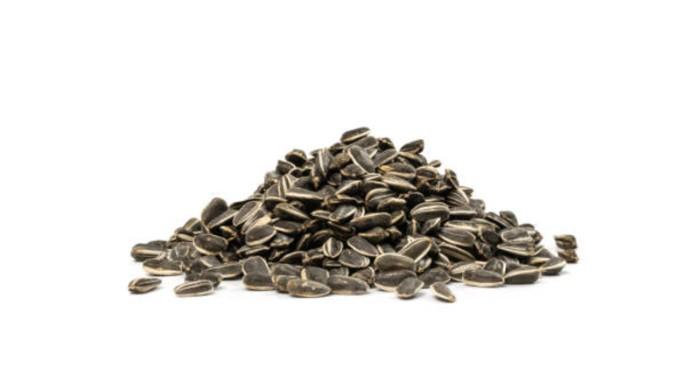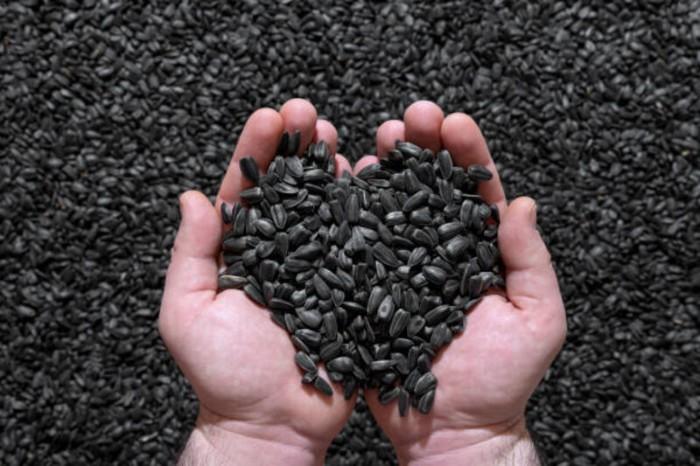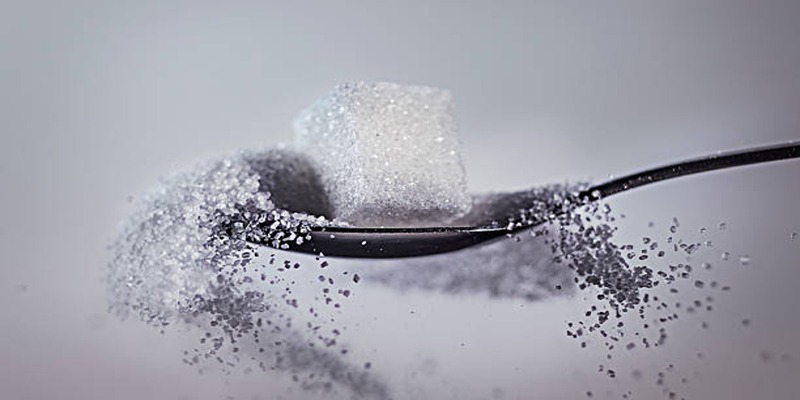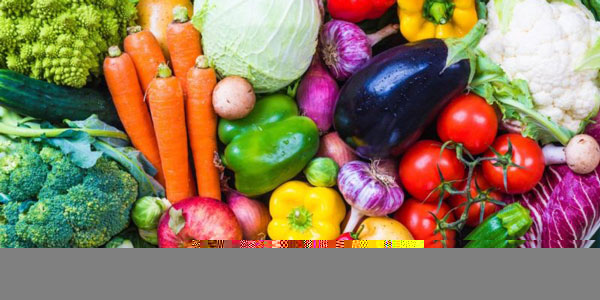The sunflower has been around for centuries, with its majesty and beauty captivating gardeners and admirers alike. But did you know that the seeds of this photogenic bloom contain some serious nutrition too? In recent years, people have become increasingly aware of the benefits associated with eating sunflower seeds – they are now frequently found in meal plans from athletes to health food devotees. From minerals such as zinc and magnesium to essential fatty acids like omega-3s, these little morsels contain a lot of goodness - but how good are they really? Read on for helpful information about all things related to sunflower seed nutrition so you can decide whether or not this snack addition should be in your regular rotation.
Overview of Sunflower Seeds:
Sunflower seeds are a common snack and ingredient in many dishes. These small, edible seeds are found within the center of sunflowers and can be consumed in various forms, such as shelled, roasted, salted, or ground into a paste. Sunflower seeds are an excellent source of nutrients, including healthy fats, protein, vitamins, and minerals. They are particularly high in Vitamin E, which is an essential nutrient that acts as an antioxidant and supports immune health. Additionally, sunflower seeds contain phytosterols, compounds that can help lower cholesterol levels in the body. This unassuming seed packs a powerful nutritional punch, making it an excellent addition to a healthy diet.
Benefits Of Eating Sunflower Seeds:
Sunflower seeds are not only a tasty snack but also offer numerous health benefits.
- They are a great source of vitamin E, which helps to protect your body's cells from damage caused by free radicals.
- Sunflower seeds are also rich in healthy fats, which can help lower your LDL cholesterol levels and reduce your risk of heart disease.
- They are a good source of fiber and protein, helping you to feel fuller for longer.
So next time you're looking for a healthy snack, reach for a handful of sunflower seeds and feel the benefits for yourself.
Different Types Of Sunflower Seeds
Sunflower seeds come in a variety of forms, each with its own distinct features. The most common type is the striped sunflower seed, which has a black and white exterior shell. If you're looking to eat sunflower seeds, then the hulled sunflower seed might be the way to go; these seeds are removed from their shells and are ready to eat. Meanwhile, oilseed sunflowers, which are grown specifically for oil production, have a high percentage of oil content in their seeds.
Lastly, there are the giant sunflowers, typically used for their ornamental value, whose seeds are much larger than those of traditional sunflowers. So, whether you're into snacking, cooking, or gardening, there's a sunflower seed that will suit your needs.
How To Enjoy Sunflower Seeds?
For those who have yet to crack open a bag of sunflower seeds, you are in for a satisfying treat. Though these seeds may seem small and unassuming, they pack a big punch in both flavor and nutrition. To truly enjoy sunflower seeds, it's important to start with the right preparation. Many prefer to roast their sunflower seeds, while others prefer them raw. Adding a sprinkle of salt is a classic choice, but don't be afraid to get creative with other seasonings, like chili powder or garlic powder. Once you've got your perfect snack, take some time to savor each seed. The act of removing the seed from its shell forces you to slow down and appreciate the experience, taking in the taste and texture one seed at a time. Trust us, once you start snacking on sunflower seeds, you'll be hooked in no time.
Potential Side Effects Of Eating Too Many Sunflower Seeds
Sunflower seeds are a delicious snack to munch on anytime. They are crunchy, savory, and packed with nutrients. However, like all good things, too much of anything is not good for you. If you are someone who loves to snack on sunflower seeds all day long, it is time to be cautious. Consuming too many sunflower seeds can cause several side effects such as stomach ache, bloating, and constipation. This is because sunflower seeds are rich in fiber, which can be hard to digest in large quantities.
Additionally, sunflower seeds are also high in fat and calories, which can contribute to weight gain. Therefore, moderation is key when it comes to indulging in sunflower seeds. Enjoy them in small portions and balance them with other healthy snacks to avoid any potential side effects.
Recipes Using Sunflower Seeds as a Main Ingredient
Sunflower seeds aren't just a tasty snack, they can also be a versatile ingredient in your cooking. These little seeds pack a big punch of flavor and nutrition, with an impressive amount of protein, healthy fats, and vitamins. If you're looking for some inspiration in the kitchen, consider using sunflower seeds in your next recipe. They're a delicious addition to salads, stir-fries, and baked goods, adding a nutty and satisfying crunch. You can even use them as a base for dips and spreads, like hummus or pesto. Get creative and experiment with different ways to incorporate sunflower seeds into your meals for an added boost of health and flavor.
Conclusion
We've looked at the multiple benefits and uses of sunflower seeds. They are an incredibly versatile and nutrient-dense food suitable for almost any diet, from vegan to low carb. Not only do sunflower seeds provide essential nutrients like protein, vitamins, minerals and healthy fats; they also offer a wide variety of tastes, textures and flavors. With all the delicious recipes that include sunflower seeds as a main ingredient, it’s no wonder they’ve become so popular and used in so many dishes! However, while they can contribute to balanced nutrition, eating too many can lead to potential side effects. So, be mindful of your consumption of them and make sure you enjoy them in moderation. Finally, if you are ready to add this incredibly beneficial seed into your diet , don't forget to have some fun with recipes that push the limits with creative use of these tasty treats!
FAQs
How many sunflower seeds should I eat a day?
The amount of sunflower seeds you should consume depends on your individual diet and nutritional needs. A general guideline is to keep it to one handful, about 1/4 cup, per day for most people. However, if you are trying to lose weight or have specific dietary requirements, it is best to consult with a doctor or nutritionist.
Are sunflower seeds healthy?
Yes! Sunflower seeds are incredibly nutrient-dense and contain essential vitamins, minerals, protein, fiber and healthy fats. They can be a great addition to any balanced diet as long as they are consumed in moderation.
Are there any potential side effects of eating sunflower seeds?
Yes, eating too many sunflower seeds can lead to potential side effects such as stomach ache, bloating, and constipation due to its high fiber content. Additionally, they are also high in fat and calories which can contribute to weight gain. Therefore, it is important to consume them in moderation and balance out with other healthy snacks.




